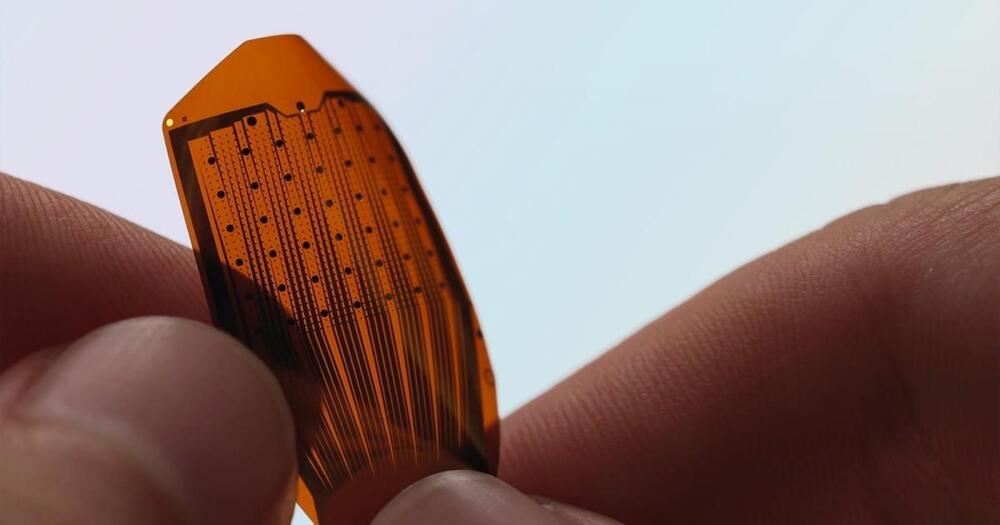An explanation of the Bundle Theory of Self, including the theories offered by Derek Parfit, and David Hume, and how these fit into the larger picture of personal identity, and the persistence problem. Special thanks to João Costa Neto for funding and supporting this video!
Sponsors: João Costa Neto, Dakota Jones, Joe Felix, Prince Otchere, Mike Samuel, Daniel Helland, Dennis Sexton, Yu Saburi, Mauricino Andrade, Will Roberts and √2. Thanks for your support!
Donate on Patreon: https://www.patreon.com/Carneades.
Buy stuff with Zazzle: http://www.zazzle.com/carneades.
Follow us on Twitter: @CarneadesCyrene https://twitter.com/CarneadesCyrene.
Information for this video gathered from The Stanford Encyclopedia of Philosophy, The Internet Encyclopedia of Philosophy, The Cambridge Dictionary of Philosophy, The Oxford Dictionary of Philosophy and more!







